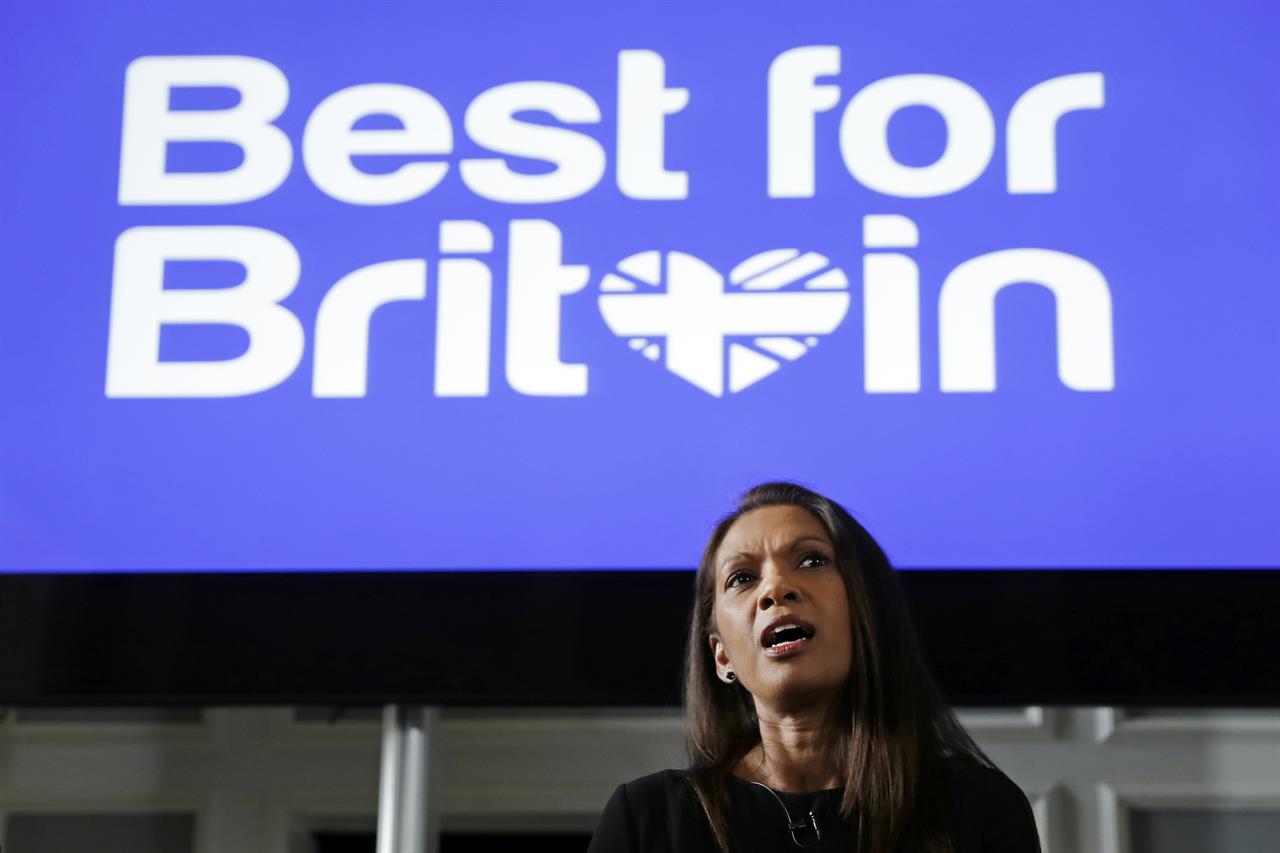Anti-Brexit campaign group Best for Britain has announced plans to conduct a ‘guerrilla marketing’ campaign this month in order to build support in favour of overturning the Leave result from the EU referendum, specifically in the Midlands and the north of England. This has been labelled as a ‘secret plot to thwart Brexit’ by the Telegraph and an attempt to topple the government by Nick Timothy, Theresa May’s former chief of staff, to which the group responded by saying that they ‘have only one aim – to stop Brexit and do what’s best for Britain’.

Best for Britain was recently boosted by a controversial £400,000 donation from George Soros’ Open Society Foundations, an international grant-making network with an endowment of nearly $20bn. In response to criticism from the right-wing press, such as the Daily Mail calling his donation ‘tainted money’ and the Telegraph accusing him of ‘meddling in the nation’s affairs’, he has pledged an additional £100,000 to Best for Britain and accused his critics of using a ‘smear campaign … to prop up their failing case [for Brexit]’. Best for Britain has so far received a total of £1.2m in donations.
The chairman of the group, former Foreign and Commonwealth Office minister Lord Malloch-Brown, has responded to these criticisms by noting that the group has been honest about its intentions from the start, saying that they ‘have been campaigning hard to win a meaningful vote on Brexit […] and to keep all options on the table, including staying in the European Union.’ In response to criticism regarding George Soros’ donation specifically, he said that ‘small donors have collectively contributed more’ to the group.
Theresa May’s spokesman defended the existence of the group, saying that it was ‘entirely right’ for a wide range of political campaign groups to exist in the UK. However, he also insisted that there would be no second referendum and that the government is committed to delivering Brexit, regardless of any social or economic cost. Although this stance may play well with Leave voters, there is a growing sense of discontent with the government’s attitude to Brexit, particularly among the business community; a recent study by Harvard’s Kennedy School has found that, based on interviews with over 120 individual businesses, trade associations and experts, most businesses want to at least remain in the customs union, if not the single market. Additionally, it found that the process of leaving the EU is creating huge uncertainties and diverting management efforts.

This should be of great concern to the Conservative party, who are currently failing to keep business leaders on their side despite typically being seen as pro-business. Theresa May’s lack of clarity and leadership on this issue has allowed Jeremy Corbyn to position himself and the Labour party as the new pro-business party, with his speech given on February 26 in favour of keeping the UK in a customs union receiving surprising praise from the CBI as well as former chancellor George Osborne. Now editor of the London Evening Standard, Osborne wrote in an editorial that the government had offered Corbyn an ‘open goal’ on this issue, and that Corbyn had just ‘kicked the ball into the back of it’ by making it clear that his party will seek a ‘new and strong relationship with the single market’ instead of looking to abandon it entirely.
Kate Mikhaylenko
Image: [Biz 1190]

